June 2024 in Lac d’Ailette, France
The summer study of the european council for an energy efficient economy (eceee) took place mid of June 2024 in France (in Lac d’Ailette, about 1 hour from Paris). The conference is one of the most important events on energy efficiency in Europe with 350-400 participants this year. The audience is a mix of researchers, practitioners and policy makers. FULFILL was already present at the last eceee summer study in 2022. This year, between June 10-15, various partners of our consortium of the FULFILL project attended the conference, organized sessions and presented results from the Horizon2020 project ending in September 2024. The president of the board of eceee (Andrea Roscetti, PoliMi) plays an active role in the FULFILL consortium as well.
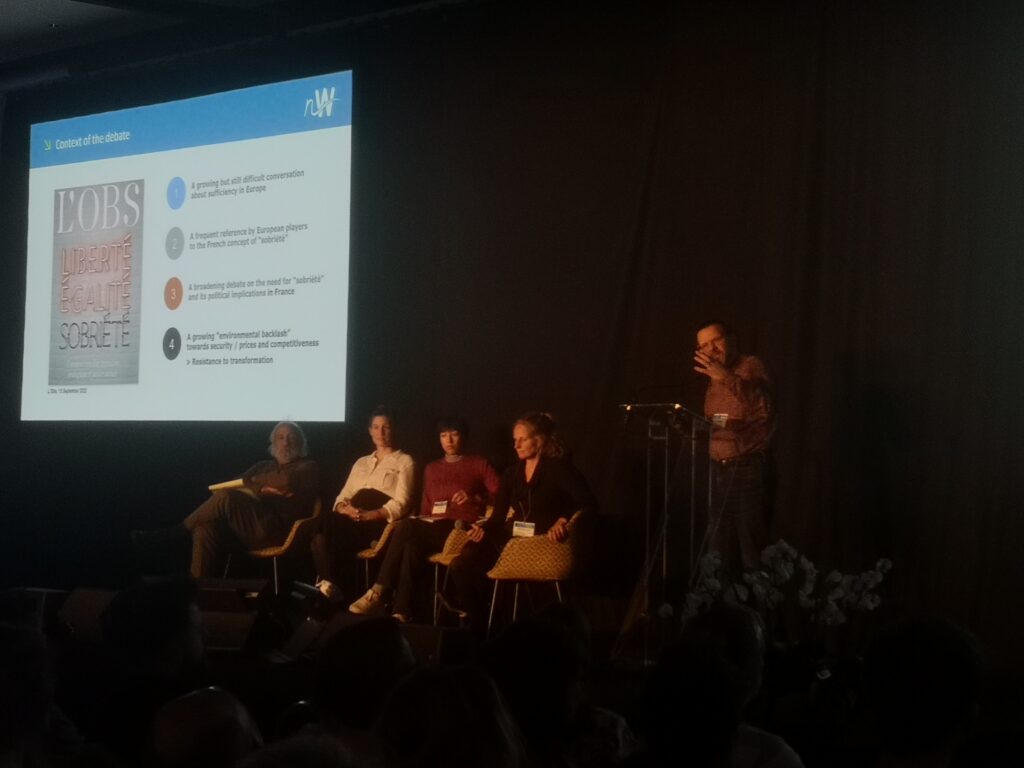
Importantly, members of the project consortium organised a plenary session entitled “Liberté, égalité, sobriété? A European perspective on energy sufficiency”. In addition to Margot Pinault from the European Commission and Steven Nadel from the American Council for an Energy-Efficient Economy (ACEEE), three consortium members provided insights on sufficiency policies in Europe based on the FULFILL results: Yves Marignac (Association NegaWatt) focused on the results of sufficiency scenarios, Camille Defard (JDI) continued with insights on sufficiency policies and Sabine Preuß (Fraunhofer ISI) presented the perspective of European citizens on sufficiency and related policies. Afterwards, a lively discussion with the attending conference participants developed and even included inputs from the Indian perspective. The plenary session was well attended and took place in the largest room of the conference venue.
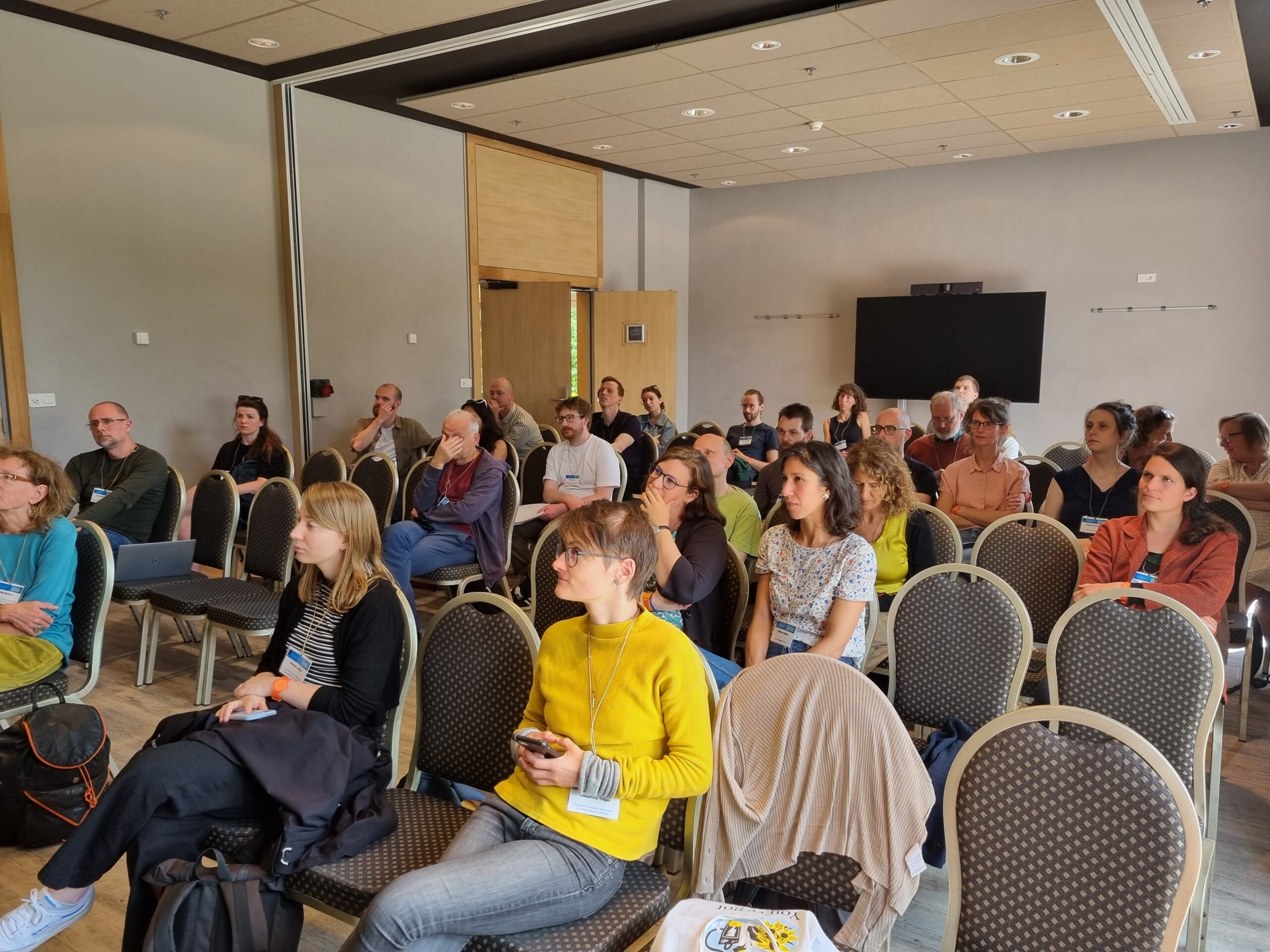
Informal Sessions
Moreover, the participating FULFILL consortium members organised two informal sessions in which participants actively engage in discussions on sufficiency. In the informal session led by Sabine Preuß (Fraunhofer ISI), the micro-level results on the acceptability of selected sufficiency policies in five EU countries were presented and discussed in small groups moderated by the Fraunhofer ISI team. Moreover, Meike Spitzner (Wuppertal Institute) provided input on considering the gender dimension in sufficiency policies. In four small groups with about 25 participants in total, the national context and the gender perspective of present and future sufficiency policies were discussed. In the informal session led by Yves Marignac (Association NegaWatt), the attendees discussed different strategies on how to target policy makers with sufficiency policies – for instance, through the local level and via media.
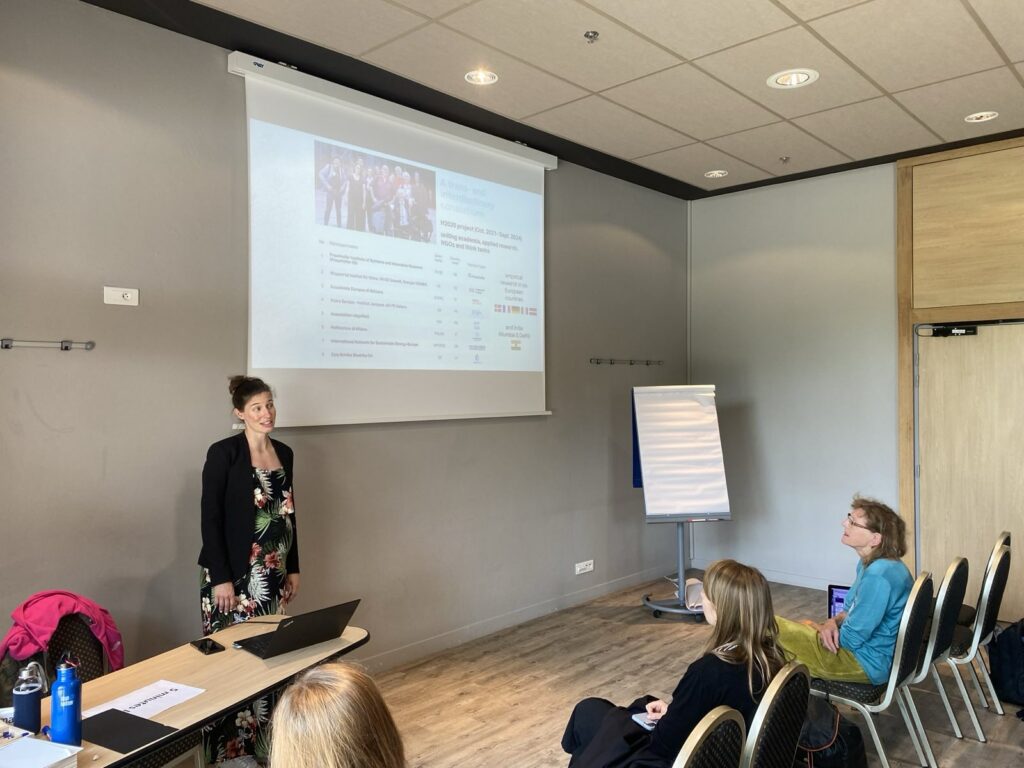
Additionally, Edouard Toulouse (Association NegaWatt) led the panel of presentations on “dynamics of consumption” including contributions on the prosumer paradigm shift and how it may be facilitated to promote energy justice. In this panel, Aurore Flipo (Association NegaWatt), Fiona Breucker (JDI), Abigail Alexander-Haw and Elisabeth Dütschke (both Fraunhofer ISI) contributed a presentation with the title “The socio-economic factors of sufficiency lifestyles: Empirical evidence for the elaboration of socially just decarbonisation policies”.
Moreover, Yves Marignac, Mathilde Djelali, Alexandre Gabert and Adrien Jacob (all Association NegaWatt) gave a presentation with the title ” Better integrating findings from social sciences to consolidate sufficiency hypotheses in energy and climate modelling” including results from FULFILL (and other projects) in the same panel led by Edouard Toulouse.
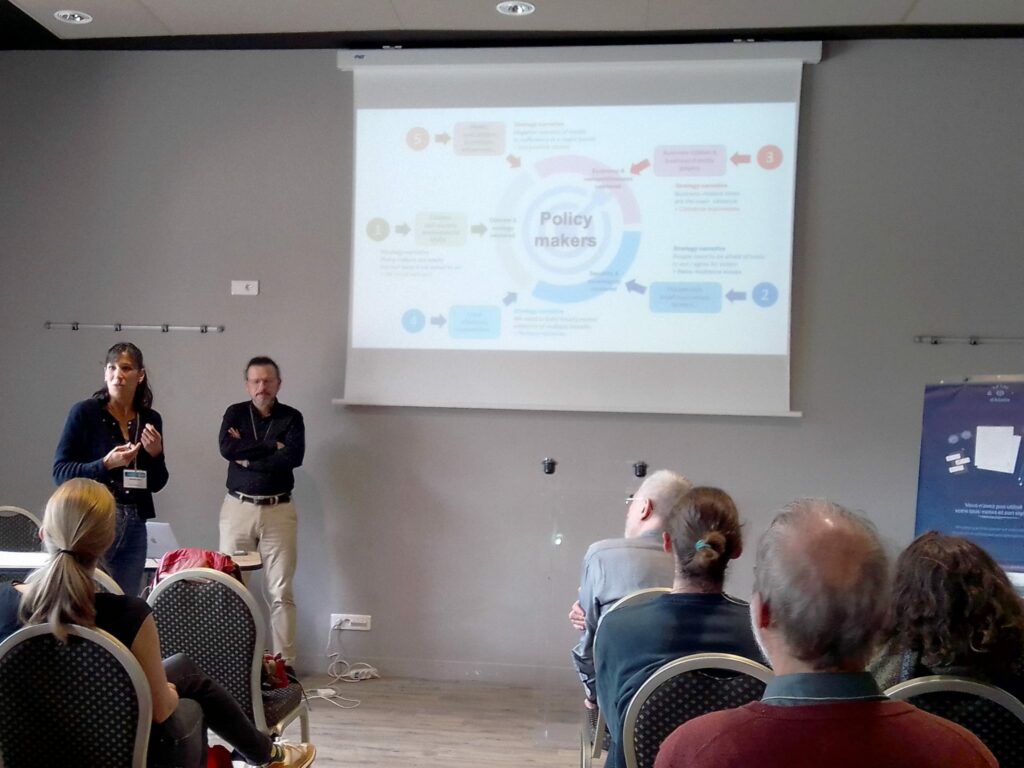
In another panel, Hannah Janßen (Fraunhofer ISI) presented results from WP3 on the micro-level and the acceptance of sufficiency policies in a panel presentation. Her presentation was titled “Exploring acceptability of sufficiency policies in the housing sector and the role of vulnerability – findings from a multinational survey in five European countries”. Abigail Alexander-Haw (Fraunhofer ISI) also presented results from the micro-level and the acceptance of sufficiency policies as a poster entitled “Pig your policy: exploring the effects of meat health-risk nudges on policy acceptability in three European countries”. Similarly, Lorenzo Pagliano (Polimi) presented a poster entitled “High efficiency Bioclimatic Architecture for the XXI Century. Mitigation and adaptation to climate disruption”.
An overview and the abstracts of these presentations are available here: https://www.eceee.org/library/conference_proceedings/eceee_Summer_Studies/2024/ In case of interest in the specific peer-reviewed papers, please contact the respective authors (papers are open access starting June 2025).
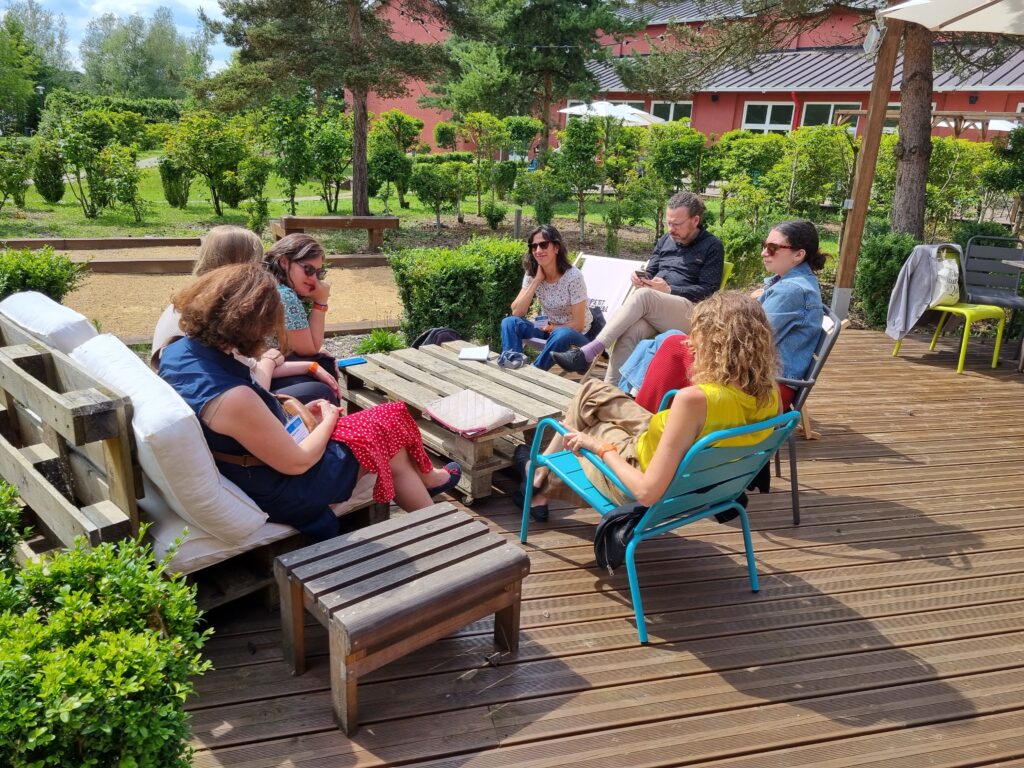
Overall, sufficiency was a largely discussed topic at the eceee and present in at least 17 further presentations, which were partly co-authored by consortium members of FULFILL. Other presentations at eceee 2024 that mentioned “sufficiency” in the title included:
- Exploring the scope of action for sufficiency oriented energy policies in Norway (Gisle Solbu et al.)
- Designerly contributions to energy sufficiency – a narrative review and exploration of possibilities (Helena Strömberg et al.)
- A distributional analysis of European countries’ contribution to sufficiency in achieving a low energy future (Elliott Johnson et al.)
- Can sufficiency be achieved through ‘re-programming’ existing resource-intensive infrastructures and institutions? (Toke Haunstrup Christensen et al.)
- Quantifying the energy implications of sustainable consumption corridors for the UK: Understanding the potential for income redistribution to support to energy sufficiency in the United Kingdom. (Sam Betts-Davies et al.)
- Monitoring sufficiency: results of the French case from the first barometer launched in Europe (Didier Bosseboeuf et al.)
- Sufficiency for accelerating building energy transition: the need for technology and policy innovations (Max Wei et al.)
- Sufficiency – from obligation to opportunity (Birte Schnurr et al.)
- From theory to practice: examining the success of emerging housing sufficiency policies (Clemens Rohde et al.)
- Searching for energy savings quantifications for the Sufficiency Potential Database – like looking for a needle in a haystack (Celia Burghardt et al.)
- Building sufficiency – five measures for an unerring and just transition of the building sector (Patrick Zimmermann et al.)
- Approaching sufficiency measure integration in sustainability assessment of neighbourhoods (Annika Hock)
- Using impact chains for a feasibility assessment of sufficiency policies in the mobility sector (Carina Zell-Ziegler et al.)
- Integrating sufficiency policies in National Buildings Renovation Plans: an unmissable opportunity (Laetitita Aumont)
- Building practices through the lens of sufficiency and adaptability (Migena Sula et al.)
- Regenerating an architecture pedagogy of sufficiency and equity: radicalizing architecture academia in India through ‘trojan horse’ curriculum change (Vivek Gilani et al.)
- A cross-sectoral sufficiency strategy for Germany (Frauke Wiese et al.)

